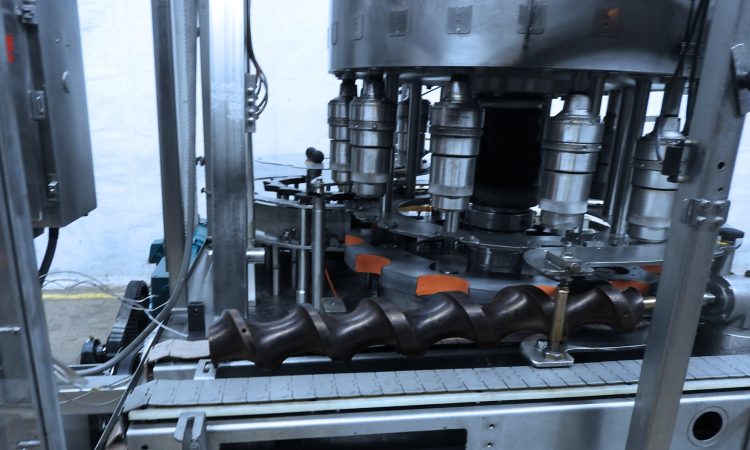
Have you ever wondered how intricate machinery is able to operate with such precision? The answer lies in timing screws. These remarkable devices play a crucial role in ensuring the accurate timing and synchronization of various components.
By guiding and controlling the movement of parts, timing screws enable smooth and efficient operation in a wide range of applications. In this article, we will delve into the fascinating world of timing screws and explore their many advantages.
So, let’s dive in and uncover the secrets behind these essential mechanisms!
The Function of Timing Screws
Timing screws help regulate the pace of your machine’s movement. These screws are designed to control the timing of various components within your machine, ensuring that they operate in sync and at the desired speed.
By adjusting the position and rotation of the timing screws, you can fine-tune the timing and synchronization of different parts, such as gears, pulleys, or camshafts. This precision is crucial for achieving optimal performance and efficiency in your machine.
With timing screws, you can ensure that each component is activated at the right moment, preventing any lag or overlap that could disrupt the smooth operation of your machine. By controlling the timing, you can create a sense of harmony and belonging among the different parts, resulting in a well-coordinated and reliable machine.
How Timing Screws Work
To understand how they function, you need to know that timing screws are essential components in machinery. These screws play a crucial role in synchronizing the movement of different parts, ensuring smooth and accurate operation.
Here’s how they work:
1. Precise Timing: Timing screws are designed with carefully calculated pitches and threads. This precision ensures that the screw rotates at the exact speed required for the machinery’s timing.
2. Synchronization: By engaging with other components, such as gears or belts, timing screws help coordinate the movement of various parts. This synchronization is vital for the proper functioning of the machinery.
3. Control and Adjustability: Timing screws often feature adjustable settings, allowing operators to fine-tune their performance. This control ensures optimal timing and improves the overall efficiency of the machinery.
4. Reliability: With their robust construction and accurate design, timing screws provide a reliable solution for maintaining consistent timing in machinery operations, giving operators a sense of belonging and confidence in their equipment.
Applications of Timing Screws
When using timing screws, you’ll find that they’re employed in a wide range of applications across various industries. These precision-engineered screws play a crucial role in ensuring accurate and efficient product handling and transportation.
One common application is in the packaging industry, where timing screws are used to precisely time the movement of bottles, containers, or packages on conveyor belts. They help maintain the desired spacing and alignment, ensuring smooth and seamless packaging operations.
In the pharmaceutical industry, timing screws are utilized for precise dosage filling and packaging of medications.
Additionally, timing screws are found in the food and beverage industry, where they’re used for accurate filling, sorting, and aligning of products such as candies, snacks, and bottles.
Overall, timing screws are indispensable in industries that require precise and reliable product handling, ensuring smooth and efficient manufacturing processes.
Advantages of Using Timing Screws
You’ll benefit from using timing screws as they offer precise and reliable product handling, streamlining your manufacturing processes. Here are four reasons why timing screws are advantageous for your operations:
1. Increased Efficiency: Timing screws ensure accurate positioning of products, reducing the risk of jams or misalignments. This leads to smoother production flows and higher output rates, ultimately improving your overall efficiency.
2. Enhanced Product Quality: With precise product handling, timing screws minimize the potential for damage or defects during transportation. This results in higher quality products, which can boost customer satisfaction and strengthen your brand reputation.
3. Cost Savings: By minimizing product waste and reducing the need for manual adjustments, timing screws help optimize your resources, leading to cost savings in the long run.
4. Easy Integration: Timing screws can be seamlessly integrated into existing production lines, allowing for easy adoption without major disruptions to your operations.
Conclusion
You now have a clear understanding of timing screws and their significance in various applications.
These precision-engineered devices ensure accurate and efficient movement of objects in a synchronized manner.
From packaging to manufacturing, timing screws play a vital role in maintaining the rhythm and flow of operations.
By using customizable timing screws, businesses can optimize their processes, enhance productivity, and achieve consistent results.
Embrace the power of timing screws and unlock the potential for seamless and synchronized operations in your industry.




